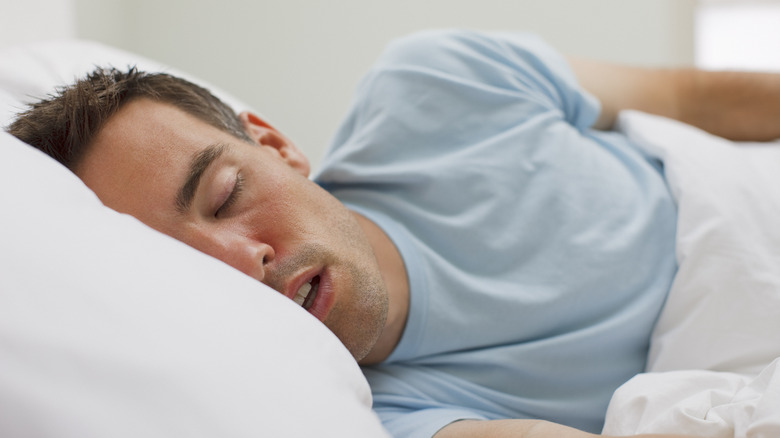What It Means When You Feel Heart Palpitations After Lying Down
Have you ever felt your heart start racing or fluttering, giving you a bit of a scare? These are called heart palpitations, and they can happen to anyone, regardless of age or gender. Sometimes, they occur when you're lying down, which can be a bit disconcerting. The good news is that they are usually harmless. Heart palpitations can be triggered by a variety of common factors, such as anxiety, stress, too much caffeine, or even the position you're lying in.
While most cases of heart palpitations are nothing to worry about, it's wise to be aware that some causes may require medical attention. To better understand these nighttime heart flutters and what might set them off, you can examine the physiology of lying down, its impact on the cardiovascular system, the role of anxiety, stress, and other factors, and potential medical issues that need more attention. By learning more about this sensation, you can learn when it's a passing occurrence and if you should worry about heart palpitations you feel when reclining.
Your sleeping position can trigger palpitations
When we rest, our bodies naturally adjust to the decrease in physical activity, and our hearts adapt by becoming more efficient at circulating blood throughout the body. Your blood distribution changes, which can affect your heart's workload, leading to palpitations. Sleeping in certain positions can also compress blood vessels or affect nerve pathways, leading to irregular heartbeats.
For instance, lying on your left side can stimulate the vagus nerve, which runs from the brain to the abdomen and regulates heart rate. This can cause atypical electrical impulses to the heart, leading to those pesky palpitations (per Peconic Bay Medical Center). According to Cleveland Clinic experts, sleeping in a hunched position on your side can sometimes cause palpitations due to increased pressure inside your body. This is because hunching over can compress your chest and affect your breathing, leading to changes in your heart rhythm. But if you find these rhythms disrupting your restful sleep, a strategic change in position, like avoiding left-side preference, might help.
How stress, medications, and lifestyle choices influence heart palpitations
Baptist Health reports that feeling stressed or experiencing anxiety can sometimes cause your heart to beat faster than usual. It's because these emotions trigger your body's natural "fight-or-flight" response, which can increase your heart rate and bring on palpitations. Additionally, some medications used to treat asthma, high blood pressure, and thyroid disorders can also have the side effect of causing palpitations (per Cleveland Clinic).
Caffeine and nicotine are stimulants that heighten heart rate and, consequently, can induce palpitations, especially if you consume them close to bedtime. Also, dehydration and electrolyte imbalances can mess up your heart's normal electrical activity, which can lead to palpitations.
When you're in a horizontal position, all sorts of things can come into play, so it's important to get to the root of the problem. Working with your healthcare provider is key, as they can help you figure out what's causing the palpitations and come up with a plan that might include changes to your lifestyle, stress management techniques, or even adjusting your medications.
Understanding the range of causes and when to seek help for palpitations
Palpitations can be caused by a variety of medical conditions, some minor and others requiring attention. It's important to explore these different causes to fully understand what may be going on. For instance, hormonal changes during menstruation, pregnancy, or menopause can also disrupt your heart's rhythm (per Harlem Cardiology). The Sleep Foundation explains that sleep apnea can cause breathing pauses during sleep, leading to stress on your heart and bringing on the fluttering feeling.
While having palpitations at night isn't often a concern, it's important to know that they could be a sign of some underlying heart conditions. These conditions may include arrhythmias, heart disease, or cardiomyopathy. It's always better to be safe than sorry, so it's crucial to recognize when to seek medical attention. According to the Cleveland Clinic, if you experience palpitations along with symptoms like shortness of breath, fainting, chest pain, or lightheadedness, it's important to get prompt medical advice. By taking a proactive approach, you can have a comprehensive evaluation that will help reduce the risk of complications and keep you sleeping safe and sound.




